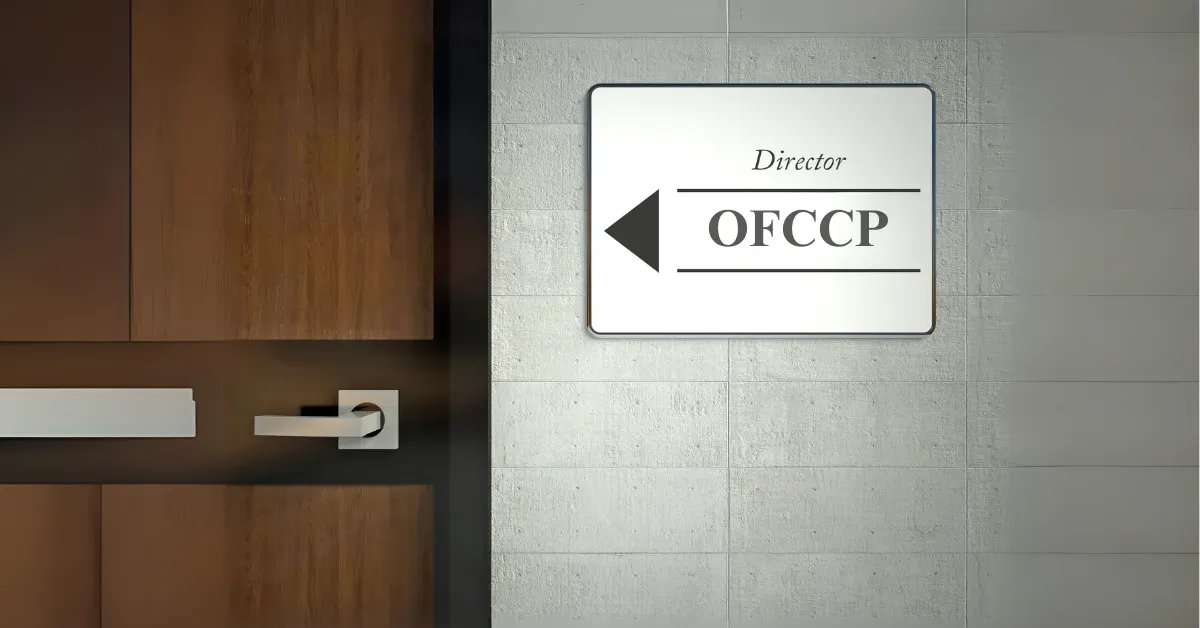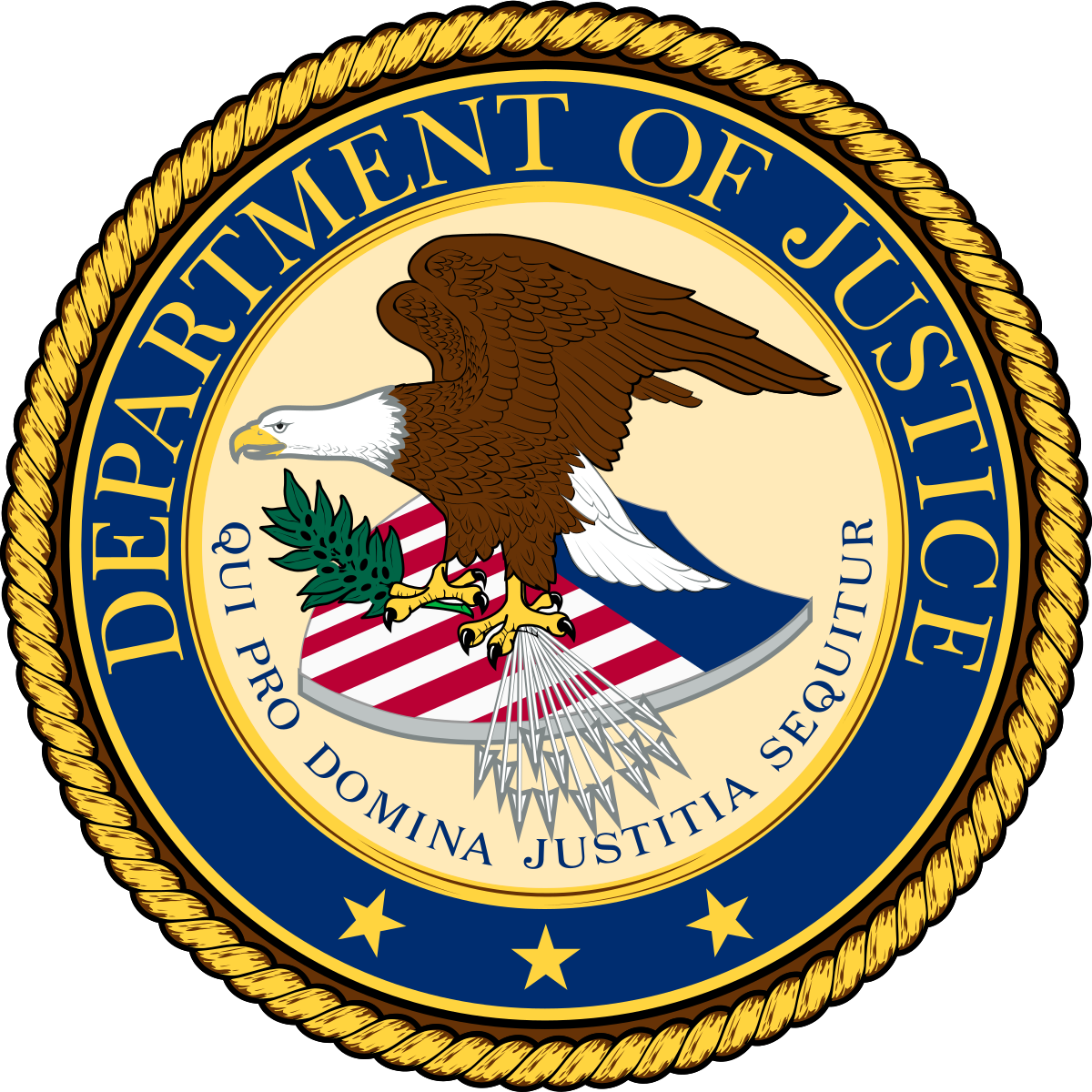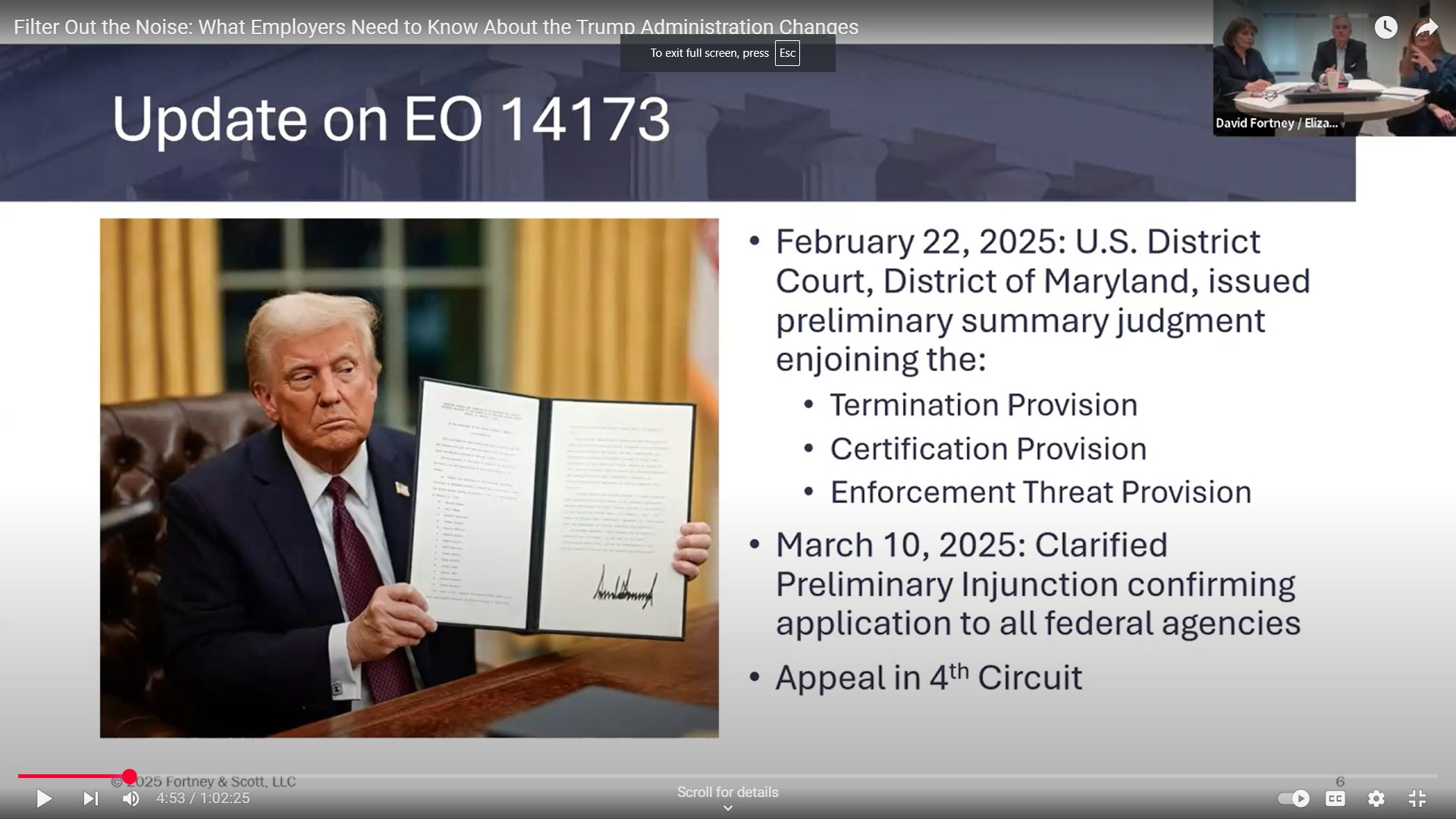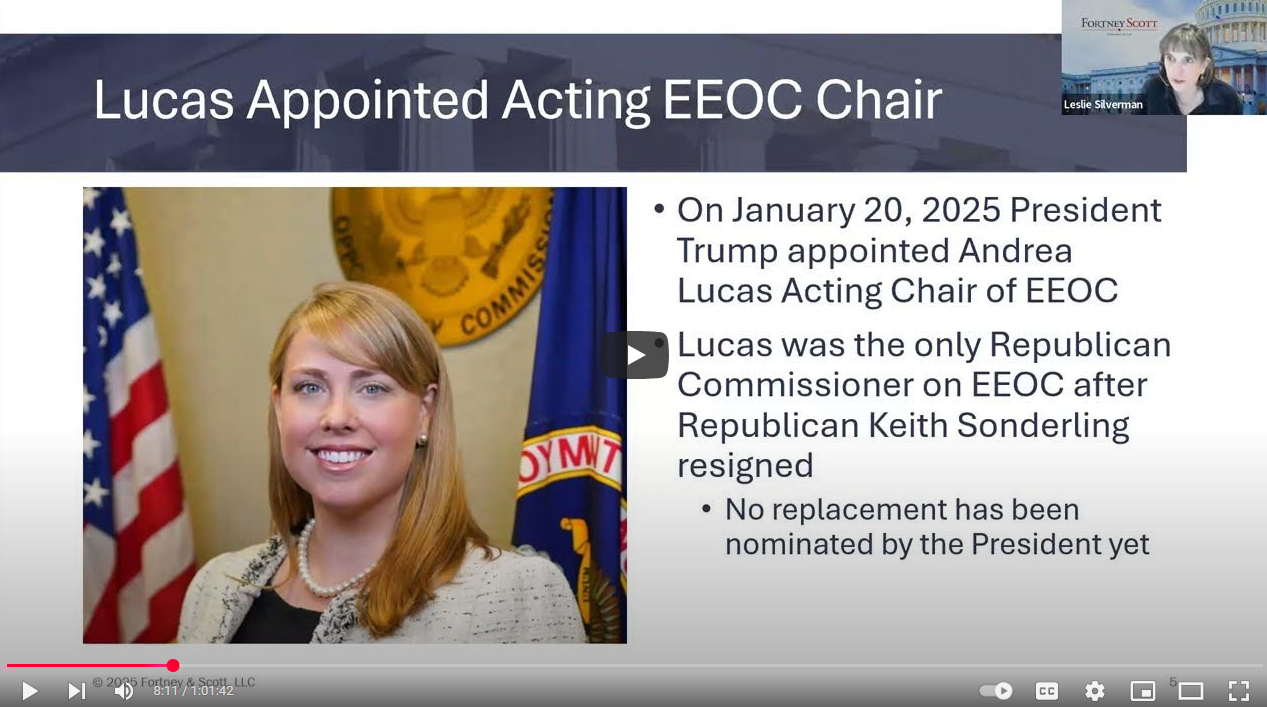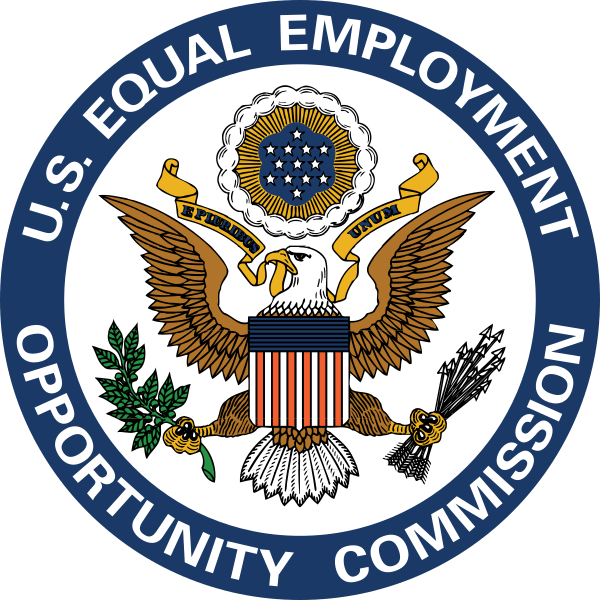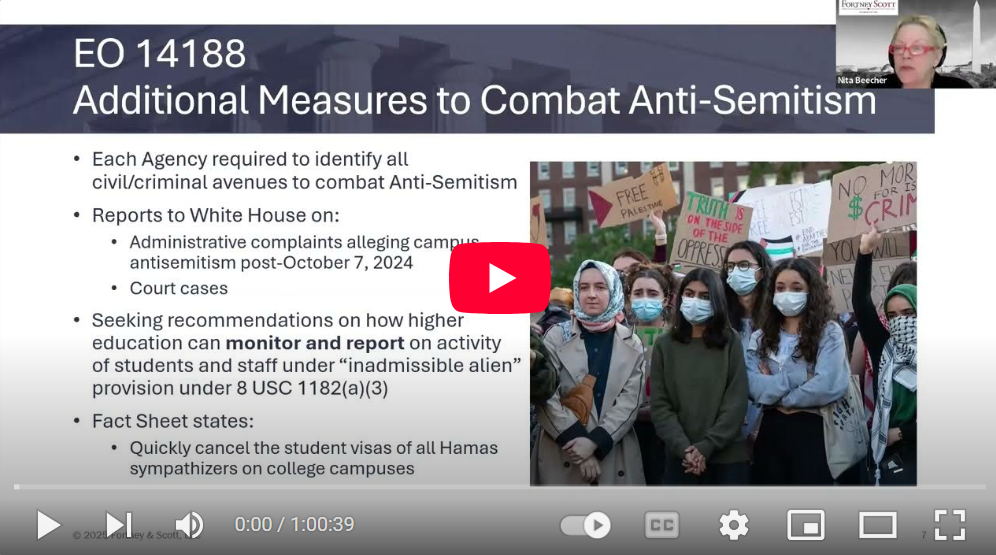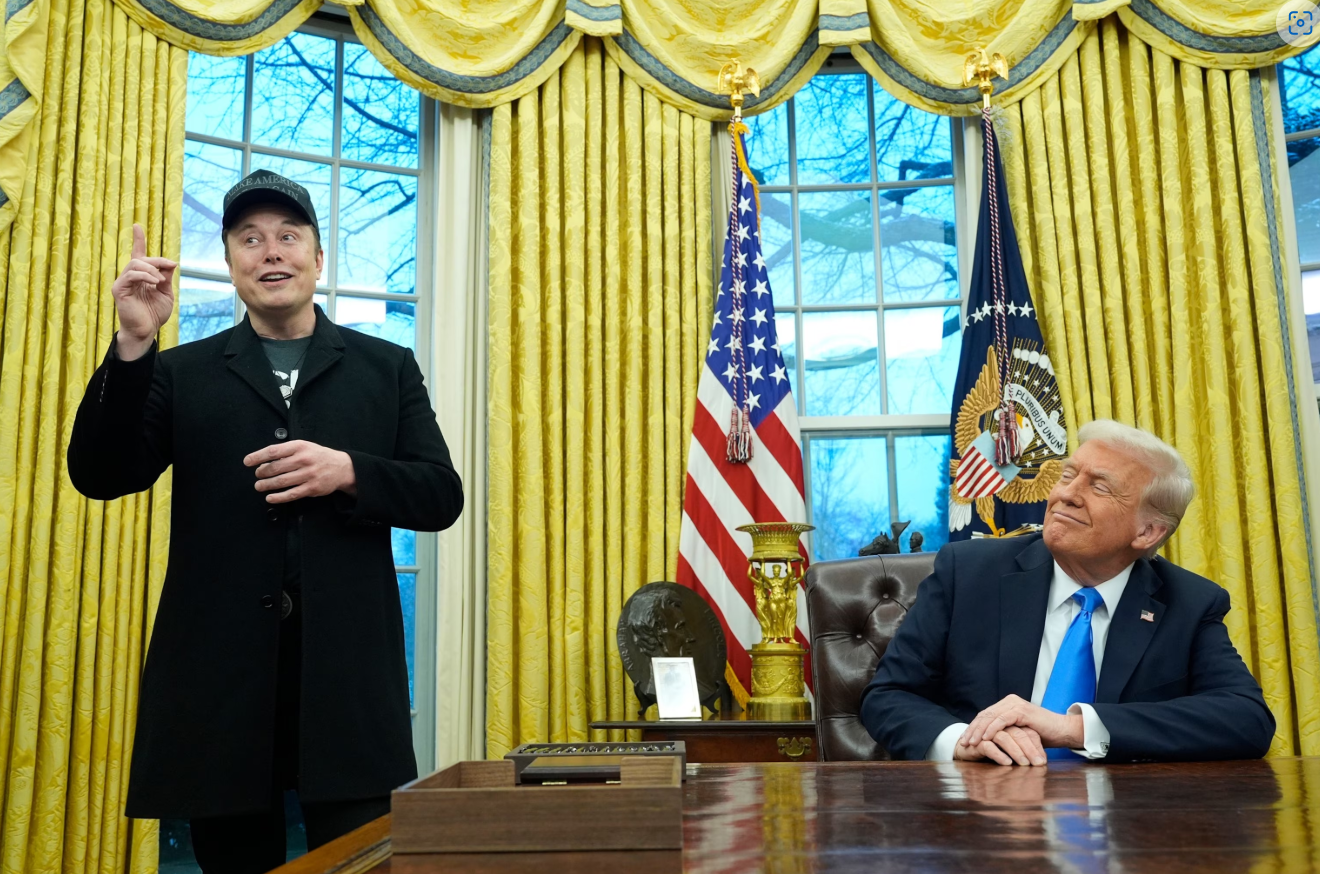NLRB Sets New Standard for Employee Handbooks for All Employers
The National Labor Relations Board (NLRB) ruled on August 2, 2023, to overturn a recent precedent and change the standard for evaluating workplace rules. The new ruling, Stericycle, Inc. , was issued under Section 7 of the National Labor Relations Act and, thus, applies to all employers, without regard for the union status of any employees.
The prior standard, Boeing Co., established in 2017 and re-affirmed two years later, was highly regarded in the business community, as it recognized an employer’s interest in employee conduct that could affect both the behavior of its workforce and its public reputation. That standard was deemed by this Board as being insufficiently protective of employees’ concerted protected activity, that is, employees’ rights to act together to affect the terms and conditions of employment. At the core the Board’s ruling is a belief that workers will interpret even commonplace workplace rules as restricting their rights. By overturning Boeing’s clarity and focusing on the workers’ interpretation of a workplace rule, the decision introduces a level of ambiguity that the Boeing standard sought to minimize. Nonetheless, the Board has ruled that it
- will interpret the rule from the perspective of an employee who is subject to the rule and economically dependent on the employer, and who also contemplates engaging in protected concerted activity. Consistent with this perspective, the employer’s intent in maintaining a rule is immaterial. Rather, if an employee could reasonably interpret the rule to have a coercive meaning, the General Counsel will carry her burden, even if a contrary, noncoercive interpretation of the rule is also reasonable. [emphasis added]
Rather than being able to rely on previously legal handbooks, employers will now have to demonstrate that a challenged rule is narrowly tailored to “advance legitimate and substantial business interests” without demeaning or interfering with the workers’ Section 7 rights.
This pending ruling has been the subject of intense scrutiny, causing the Board to seek briefs from the public. Of considerable interest were and are the implications of the ruling on such sensitive matters as confidentiality of workplace investigations, including those for sexual harassment, the anonymity of witnesses, conflicts of interest, nondisparagement, and other similar workplace rules. Those subjects are now open to worker challenges and Board review. Like the recent ruling limiting an employer’s ability to discipline abusive speech (Lion Elastomers), the Stericycle decision will renew questions about the wisdom of the NLRB’s apparent indifference to impact of its rulings on other laws and other interests affecting the workplace.
